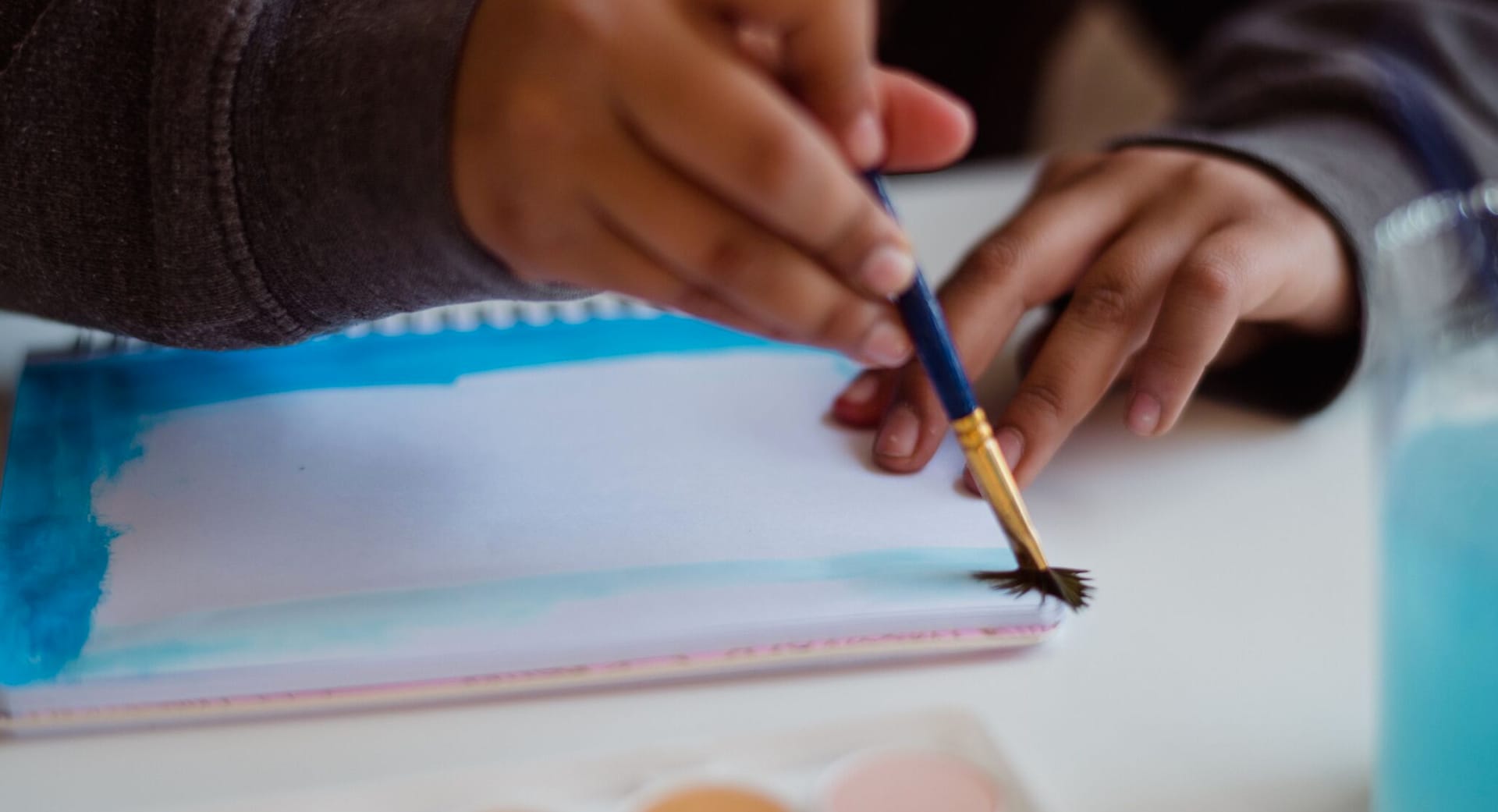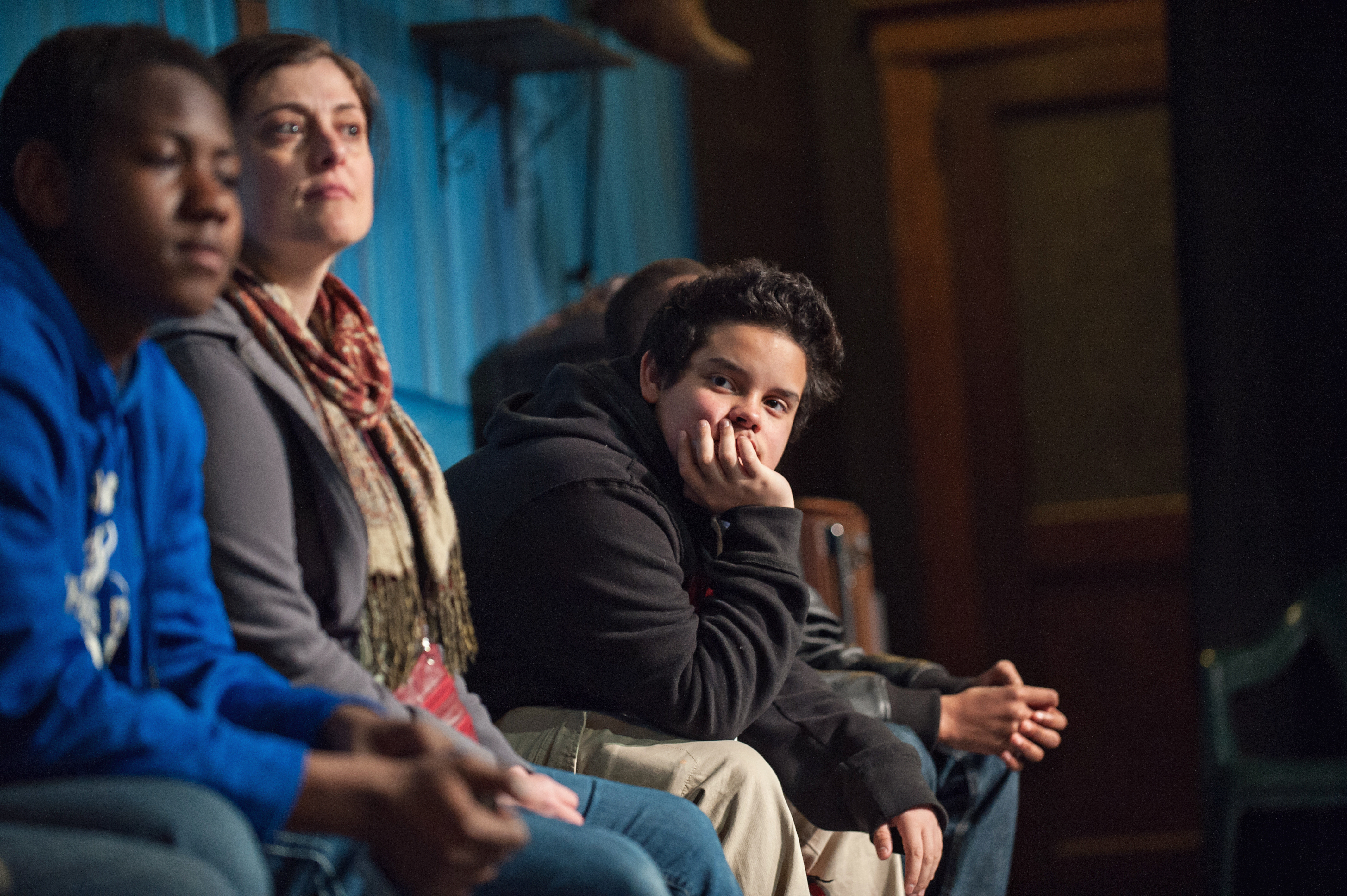The past 13 years have prepared us for this moment of uncertainty and possibility in education. Many in our community are facing significant hardships. As educators – of all kinds – we play several roles and have responded to so many different needs and challenges in our classes, our communities, our families, and beyond. We want to take time to appreciate just how complex the role of teacher is in our society, and say thank you to all of our member teachers (and all teachers!) for the many things, seen and unseen, that each of you – whether directly working with students, or in another role in education – are doing to provide the best possible response to the dramatic shift in our lives this year.
At this most pressing time, our Coalition is serious about asking ourselves the question of how to build and protect communities where all members feel a deep sense of belonging; where all members are loved and have ample opportunities to love others. We face an unusual moment in which all of us are asked to identify the values we want to prioritize, and to stand together behind the ones we hold dear. One way to do this is to create democratic spaces where we do things with each other, not to each other. We understand that our main task is to grow youth and adults who can create healthy, just, resilient, and thriving communities.
We believe that diversity is a strength, not a weakness. And that communities that are healthy and just are grounded in the strengths, passions, needs, and eccentricities of their members. We believe that we are all works in progress; that the basis of all learning comes from our ability to give ourselves and each other space to make mistakes and then to reflect, recover, re-create, and to learn together. We are all learners and we are all teachers.
In SEMIS we do things with students not to them, and in this way, students learn what it means to live in a democracy. We know that if we want a democracy in this country, we must practice democracy. And if we don’t practice democracy, we will lose it.
When we align what is taught and learned in schools to the very real problems of our communities – to examine them, understand them, address them with each other, even with others who we may disagree with, there is no separation between academic and social-emotional learning.
When we empower youth to ask questions and examine complexity; to negotiate disagreements, be flexible and make decisions; and to empathize with other people and species in the natural world, we know this leads to the ethical, civically engaged, deep thinkers that we need more than ever.


